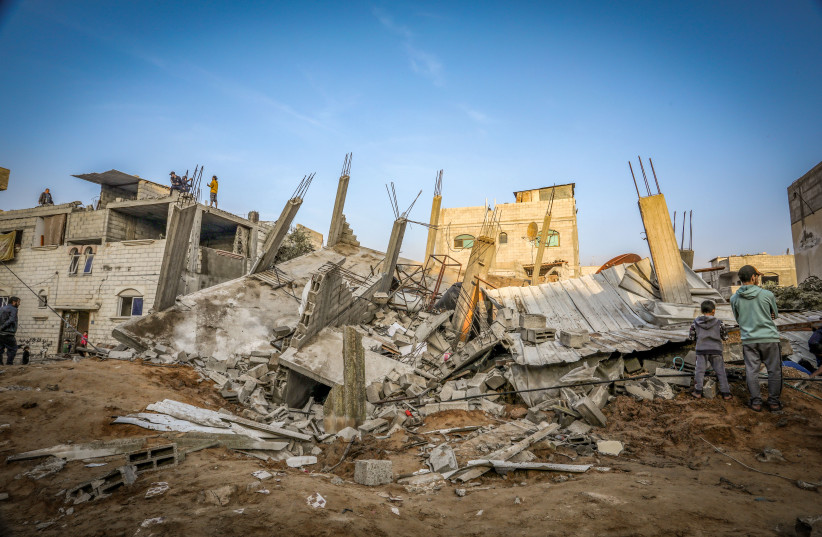Infectious diseases are spreading in the Gaza Strip, endangering the 108 hostages: Recent reports from health organizations reveal violent epidemics of bacterial, viral, and parasitic infections resulting from poor hygiene conditions in combat zones. One hostage is at the highest risk: toddler Kfir Bibas, who did not complete his infant vaccinations before his abduction.
In addition to the polio epidemic, bacterial, viral, and parasitic infections have spread in recent months, some of which are life-threatening. This severe infection situation was also observed in examinations of hostages who returned from captivity.
Data collected at Schneider Hospital shows that fecal bacteria were found in 19 children and seven women due to their severe hygiene conditions. Lice and skin infections resulting from insect bites were also detected while all the hostages suffered from severe malnutrition, which causes immune deficiency and increased risk of infections.
According to the latest data from the WHO obtained by Maariv, in addition to the spreading polio disease in the Strip which has already led to one case of a Palestinian girl suffering from paralysis, tens of thousands of cases of hepatitis, half a million cases of diarrhea, and around a million pneumonia cases have also been reported among the residents.
About 12,000 contracted chickenpox, over 100,000 cases of scabies and lice, and tens of thousands of skin infection reports have been recorded.

Due to the lack of healthcare services in the Gaza Strip, no organized vaccination program has been implemented in the past year. Therefore, international experts estimate that viral and bacterial infections that are usually prevented by routine vaccinations, including measles, rubella, whooping cough, diphtheria, and hepatitis caused by hepatitis viruses, have also spread.
Urgent call to action
The hostage most exposed to these infectious diseases is toddler Kfir Bibas, who was abducted at nine-months-old before he could complete his vaccination program. Maariv has learned of another hostage over the age of 18 who also did not receive all vaccinations and is likewise exposed to infectious diseases. Some hostages are also exposed to tetanus bacteria because they have not received a booster dose in the past ten years. Tetanus bacteria are transmitted through cuts in the skin, causing muscle spasms, respiratory obstruction leading to suffocation, heart rhythm disturbances, increased blood pressure, and, without urgent treatment, death within days.
“We are warning about the severe sanitary situation in Gaza that endangers the hostages and also our soldiers,” said Prof. Hagai Levin, head of the health division of the Hostages Families Forum and chairman of the Israeli Association of Public Health Physicians. “The hostages are in poor hygiene conditions, severe malnutrition, lack of clean water and air, and their health status is unknown. Some hostages are elderly and suffer from chronic diseases that increase their risk with every minor infection, and two of the hostages are not adequately vaccinated.”
“The findings observed in the hostages who returned, along with information from health organizations, make it clear that this is a ticking time bomb,” adds Prof. Levin. “The hourglass is running out, and the danger is only increasing for the hostages, for the soldiers there, and eventually for the entire Israeli population, which could be exposed to the infection epidemic in Gaza. To save the hostages’ lives – the government must bring them back now.”
